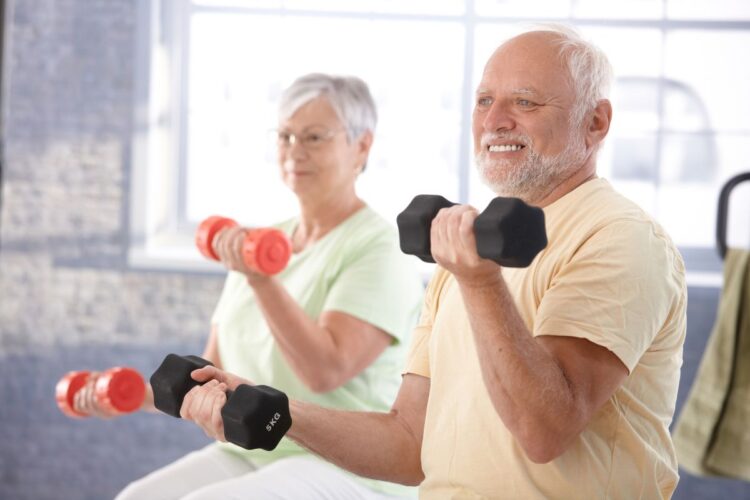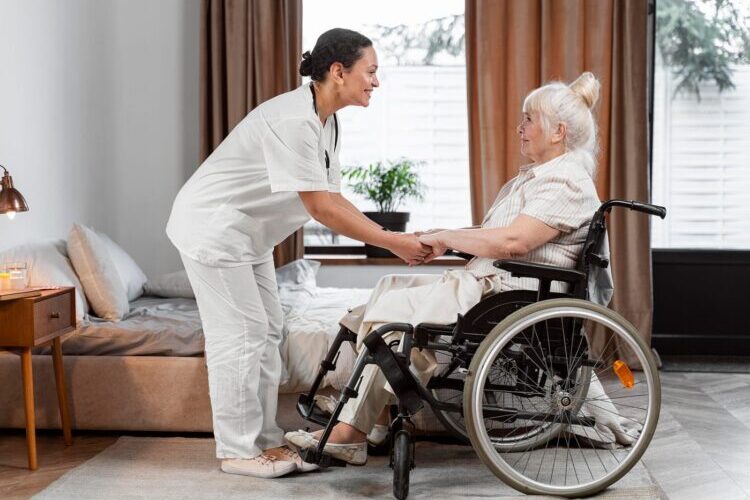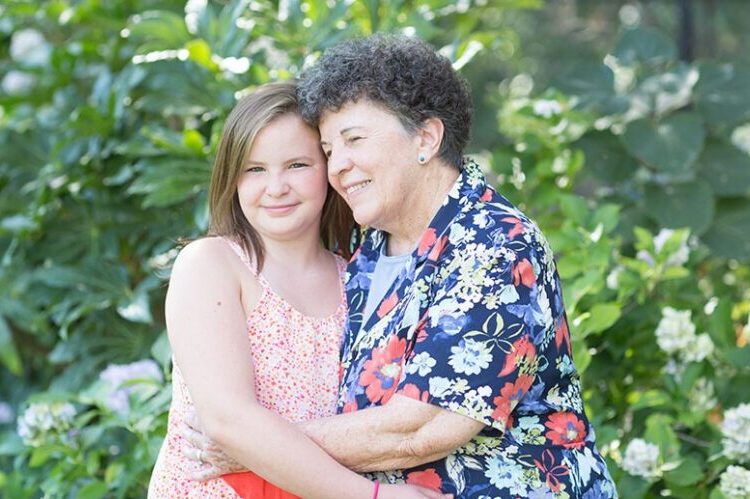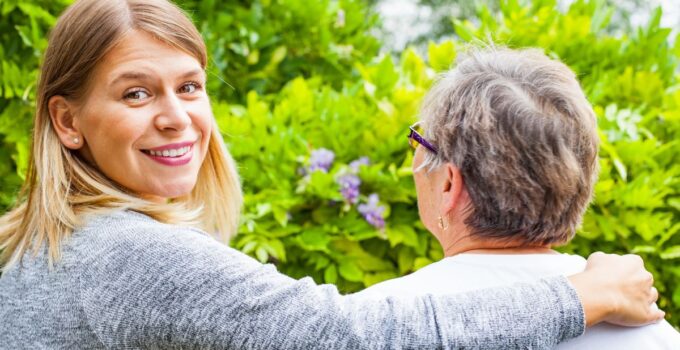Thanks to better healthcare and better living, we’re all getting a lot older as a species. Which means that a lot more of us are going to have to come to some hard decisions. Making sure an elderly loved one gets the proper care isn’t easy. Whether you’re taking on the role of caregiver or helping them find the assistance they need. But it’s important to remember the aspects of caregiving that need to be fulfilled. That’s what we’ll look at here.
Page Contents
PHYSICAL ACTIVITY

Source: citizen.org
As we get older, it becomes easier to let slip the kind of physical activity we used to enjoy. We all age and become less able, as well. However, lacking that vital exercise can exacerbate the process of aging. You should always make sure that your older relative has at least some measure of physical activity in their daily life. It might just be a walk, it might be stretching to help restore mobility. Are you concerned that they’re not getting enough activity?
You should consider taking them to see their healthcare provider. A doctor can help you find out what kind of safe, responsible exercise can help improve their quality of life. Helping them stay as fit as they can means the stay independent in more areas of their lives for longer.
MOBILITY ASSISTANCE
There’s a high chance that a person’s range of mobility might suffer as they grow older. To the point where they need a lot more concerned put into assistance and accessibility. If they’re living at home or with you, making these additions to the home can help them remain independent for longer. Many might have trouble climbing stairs, in which case a stair lift or downstairs bathroom can help them.
In the bathroom itself, you should consider fitting in rails to help them transfer easier and a shower seat to help them wash themselves. If you’re looking at care homes, make sure you pay particular attention to how well their accessibility needs are met.
CARE FOR INDIVIDUAL NEEDS

Source: medium.com
When looking at caregiving options, you also have to bear in mind that it’s an individual practice. Everyone has needs that separate them from the rest. Are you properly able to provide or help them find the physical and restorative therapy they need to retain and regain mobility? Do you have the experience of speech therapy to help people who have suffered strokes or other conditions?
What about art or music therapy that can help with mood, self-esteem and even diminishing pain? There’s a lot that a person can’t provide by themselves. Are you worried you can’t contribute enough? Then you should consider looking at things like services at McKnight Place. It’s not a sign of weakness or a lack of care to seek help when you need it.
HELP DURING EMERGENCIES
When fostering independent living in older relatives, it’s easy to grow worried about them. Especially if they have underlying health or mobility conditions. But they may not want you to depend on them full-time. Respecting that need for independence is important. But so is making sure that they get the help they need should an emergency situation arise. That’s where modern medical technology can be a lot of help.
For instance, in the bathroom, you should consider installing a pull cord alarm. Otherwise, you should look into other elements of telecare you can give your loved one. This means that if an emergency does arise, that you or their healthcare provider are quickly alerted to it. You’ll want to keep emergency medical equipment and prescription drugs with you at all times as well. You can get your medications via PriceProPharmacy.com without stress.
SOCIAL WORTH
Socialization is important for everyone. For those in our later years, it’s even more important. Not only is it vital for mood and for emotional health, like fighting stress and depression. It has been shown to be beneficial in helping us resist serious mental conditions like dementia and Alzheimer’s. Good mental and emotional health dictates that showing the social worth of our older loved ones is necessary.
You can help them get into hobbies and groups in their area. You can spend more time simply talking to them. They don’t have to suddenly meet hundreds of new people. When it comes to social interaction, quality is a lot more important than quantity. Health barriers are the number one reason that older people don’t find social interaction. Those are the barriers you can help them overcome.
RESPECT AND DIGNITY

Source: northstateparent.com
Everyone has a right to dignity. Respect goes beyond treating them well and speaking politely. It means also thinking about their dignity and how they preserve it. When someone has been independent for a long time and suddenly finds themselves dependent, it can be a shock and it can harm the self-esteem. For example, dealing with issues like incontinence and an inability to independently wash.
For a lot of people, these experiences can be humiliating. It is during these moments that proper respect is crucial. Chatting as you help or focusing on making it prompt can make a difference. It’s also important to pay attention if an older loved one complains about a lack of respect from their caregiver. If they are met with skepticism and disbelief, it can make it much harder for them to come forward in future. Make sure any claims of ill-treatment are investigated and reported.
RELIABILITY
Frustration is another common result of finding oneself suddenly dependent on another. When you’re at the mercy of another’s actions, it can very difficult when they prove unreliable. For example, if they say they’re going to be present at a certain time or are going to help with a certain task. If you’re caring for your older loved ones, you need to put serious focus into time management. If you live a life that means that you can’t always be reliable, you should consider finding someone else to act as their caregiver.
As we said, caring for our older loved ones isn’t always easy. It can mean money spent and lots of new responsibility taken on. But it’s all worth it to make sure they have the care, respect and comfort they deserve in their later years.




